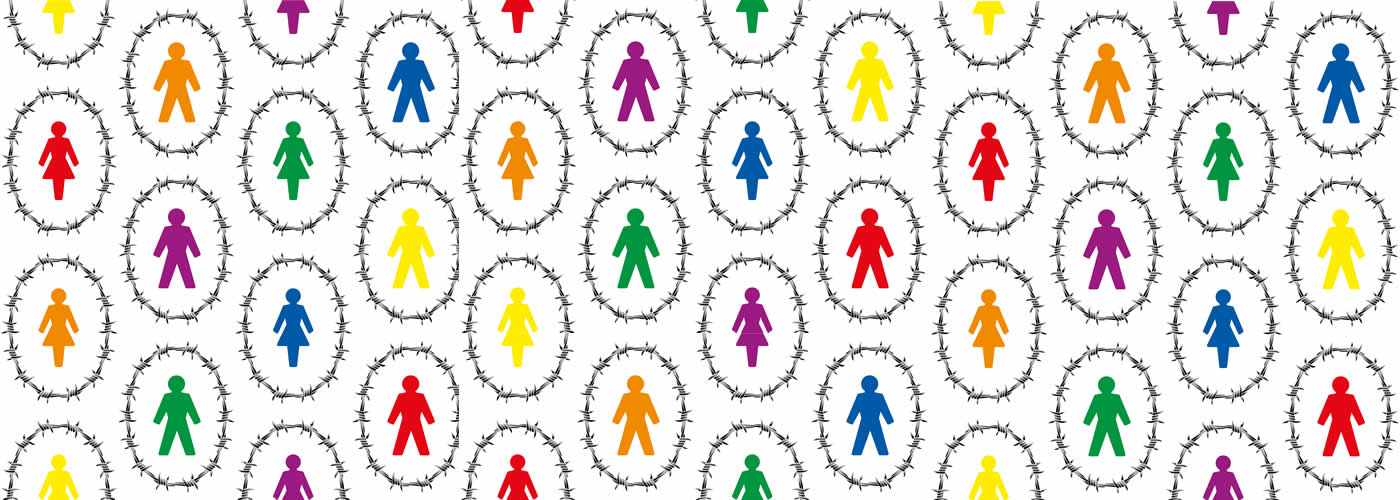A number of our subscribers have asked what they should do about gathering CDD when their office is closed or the client claims to be self-isolating in accordance with Government guidelines. The firm’s policy is likely to require a sight of the original documents or a certified copy from someone else in the regulated sector, but what if this is impossible to obtain at the outset of the matter as a result of current circumstances? Do the instructions have to be declined?
The good news is that alternative ways of satisfying the CDD requirements should be possible in most cases. Also, of course, all depends (as ever) on the risks of each situation and whether they can be addressed in an adequate manner through other means.
The main point to take on board is that seeing an individual client face to face who is not known to you, or to someone else in the regulated sector who is willing to certify their identity, is clearly preferable for very obvious reasons. it is not, however, a mandatory requirement as such. Para 4.9.1 of the Legal Sector Affinity Group AML Guidance states that although “in most cases” face to face verification should enable most clients to meet the requirements it follows that for some it will not and nor is it essential in other cases. The same section also states that in some instances e-verification in its own right may be sufficient, though it does also acknowledge at para 4.3.3 that this is capable only of proving that someone of this identity exists and not necessarily that you are dealing with that person.
Taking all of this into account you might therefore fairly modify your normal CDD procedures in current circumstances where a client claims to be unable to attend at your or anyone else’s offices. We suggest a four stage process.
- You ask the client to send you a copy of their normal documents – ideally a photocopy but possibly a photo via their or a relative’s phone. If this is legible you should print this off for your file. An alternative might be to ask them to hold up the documents during a skype call with their face also in vision which you would again note however possible.
- You would then commission an e-verification check of that document and the details contained on it such as the passport number so that it may be checked against the Passport Office records.
- If that check produces no concerns you might also make a point of sending a letter to the client at their given address and require some form of acknowledgement to be sent to you by post. This would be on grounds that a fraudster would find it difficult to intercept such items.
- Finally, you would then request that the client does follow this up by providing a sight of their documents in the normal way at a later stage of the transaction but, as long as other risk factors do not suggest otherwise, you could fairly decide that you are able to proceed for the time being at least on this basis. A good example of where risk considerations would be likely to make this inadvisable would be matters involving a sale of a vacant high value property as in the Dreamvar (UK) Ltd v Mishcon de Reya and other such related cases.
Bear in mind also that, if deviating from your normal CDD practice in this way while the current restrictions on movement apply, you might also request sign-off on a case by case basis by your MLRO, MLCO or perhaps Head of Department.
In the meantime let us all hope that normal practice will resume as soon as possible.
For more contact mattmoore@infolegal.co.uk.

